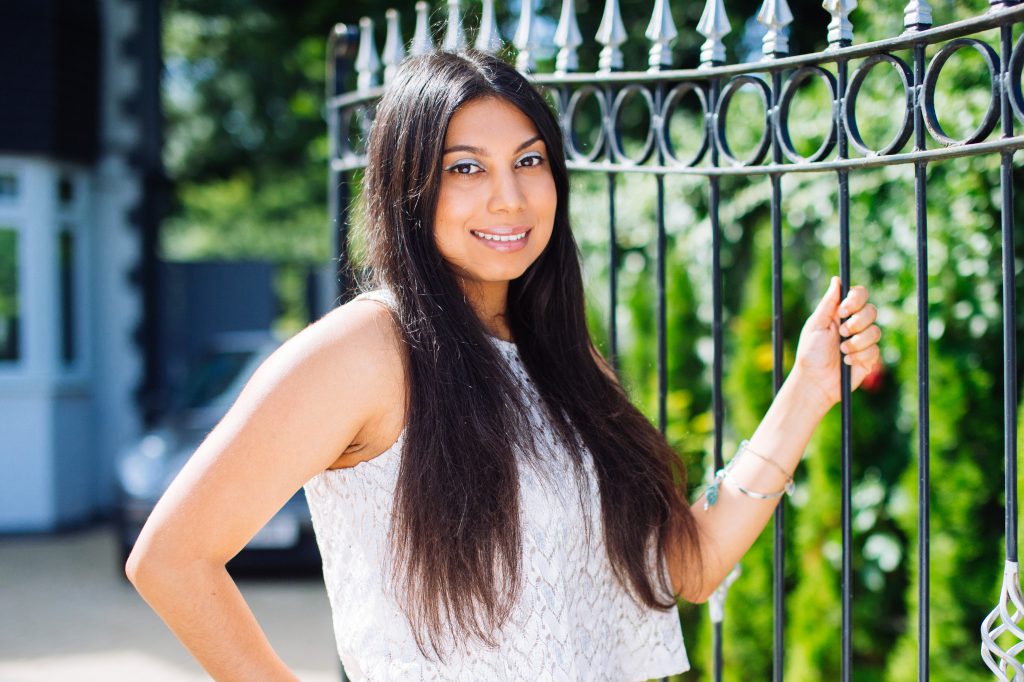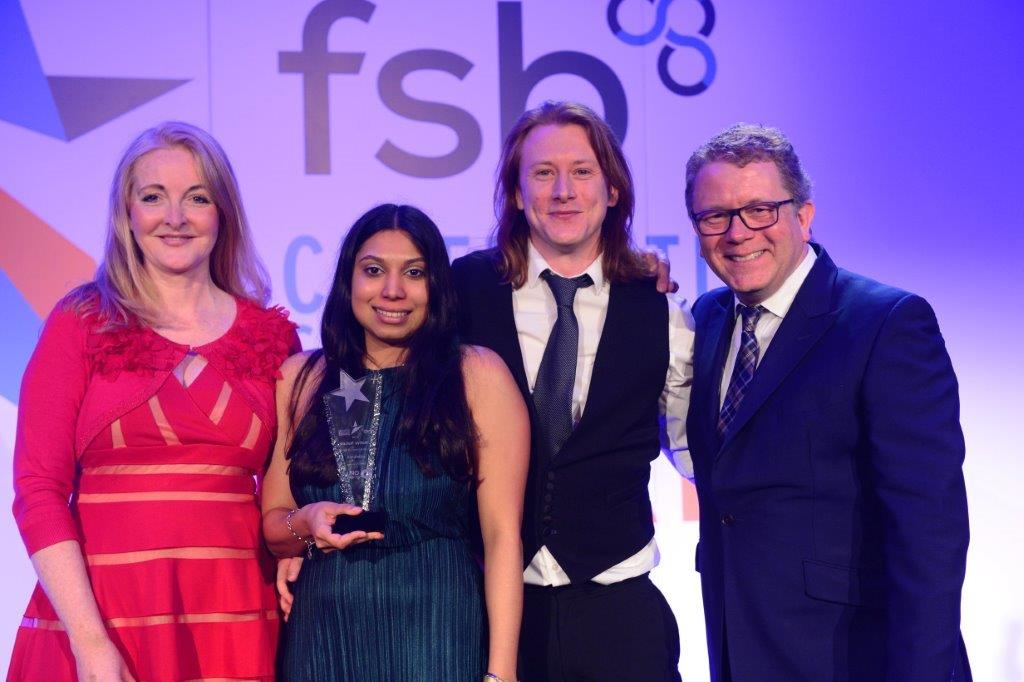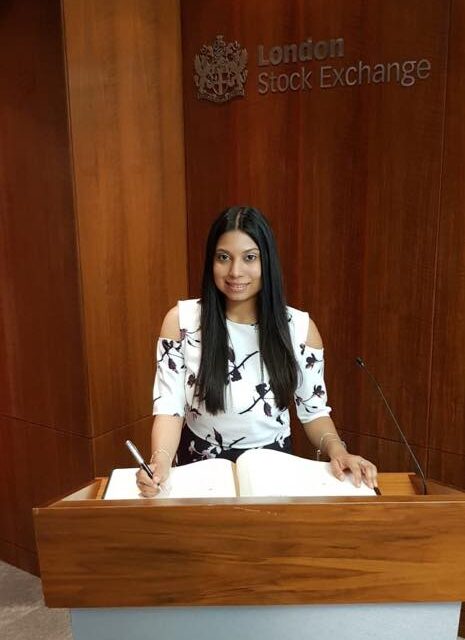Why #blacklivesmatter Still Matters
The #BlackLivesMatters protests came to the fore a year ago after the killing of George Floyd in the US. There had been protests before, but this tragic incident sparked protests around the world.
Being a woman of colour, I have had many situations where I have been made very aware of who I am and how for some people, that is an issue. I often wonder how many times it’s been an issue and I’ve not been aware of it.

People talked a lot about white privilege during the discussions following all of the protests. Most people don’t understand what this means. It’s hard to understand something when you’ve never had to feel it, experience it or confront it. However, when you are not white, you understand exactly what it means.
Black people, and people of colour have to work many, many times harder than their white counterparts in education, when applying for jobs, and in many life situations. In so many of life’s arenas they start off metres behind anyone who is white. This has been the case for generations in the UK and is still the case today.
People of colour aren’t always made welcome, or accepted everywhere which can make you consider carefully about visiting certain places, or attending certain events, visiting certain countries, embracing certain experiences. White people don’t have to think twice about where they go, or what they do because of their ethnicity.
The colour of my skin shouldn’t affect my day to day living, but sadly, on occasion it does. At other times, problems have nothing to do with the colour of my skin, but the fact that I am a woman! All of these things means that when George Floyd died at the hands of a serving police officer (or rather at the knee of that officer), I couldn’t help but think ‘that could have been me’..and there were 1000s of us who thought that.
Challenges facing women of colour in business:
*When it comes to funding, many entrepreneurs who are women of colour, face a double bias, due to their gender and race. This creates difficulties for them when applying for funding.

Many women of colour fund their new ventures by hanging on to their day job, until they have saved the money they need, and or crowdfund their new business. This makes success much harder and requires much more effort before you even get the funding.
*Women of colour earn less than men in the workforce, but are also less likely to get access to capital for their businesses. In 2018, the US had only a 2.2% share of the billions given out in venture capital each year.
*54% of women entrepreneurs in the UK said they had experienced gender bias. Investors asked more invasive questions centered around their personal lives rather than about their business idea.
HSBC reported that overall, women secured less money than their male counterparts. Why is this even a thing? Why is my personality of more interest in my business plan when a male business owner will not have to consider such a thing?
*Networking events can be quite daunting, even though most are changing from the all boys’ clubs they appeared to be in the past. Some can be very cliquey, and daunting for a new business woman of colour, looking to make connections. Added to that, my age also then becomes an issue, as if it’s a surprise that a woman barely into her 30s can run a business with a turnover close to £2m (in fact in the sector that’s a challenger brand turnover). There is an expectation that a woman will run a business that’s more of a ‘lifestyle’ venture.
*There is a lack of mentorship for new business women, for the very reason that there are not enough senior women of colour mentors to give advice and support. There’s a saying that ‘you cannot be what you cannot see’, many young girls will not consider running their own business when they are young, unless they have entrepreneurial adult influencers around them – because they don’t see success often enough.

How I’ve been affected personally by gender and race bias:
There are several occasions where I have been a victim of racism and sexism.
*One time I was referred to as just a ‘little girl’ in business, suggesting I didn’t know what I was doing, or was ‘playing’ at being in business.
*I have also been told, I’d be taken more seriously if I took a man when I was pitching for investment.
*I’ve attended numerous trade shows around the UK and Europe and visitors always assume the man on our stand is the boss – not the young female of colour. This has happened more times than I can count. My team often expects it.
*Whilst giving a talk at an event once, I was subject to racist comments by someone who was very drunk, and thought that their intoxication excused their remarks. They were removed from the room and that company was permanently banned from that event.
*And there may well have been times I’ve missed out on opportunities because of my skin colour or gender, but been completely unaware.
Despite any problems I’ve faced, I have worked hard, built and grown my business, as a female CEO, of colour.

In the face of any bias I may face, I am now a mentor for other business owners, I am an Ambassador the Anaphylaxis Campaign UK, and the UK Ambassador for the Teal App; I was in Forbes 30 under 30 in 2019 and I’m embracing being a business woman of colour in 2021. I’m not giving up now or anytime in the near future.
However I still believe in and will support the #blacklivesmatter campaign – if you want to find out more about its history click here .





